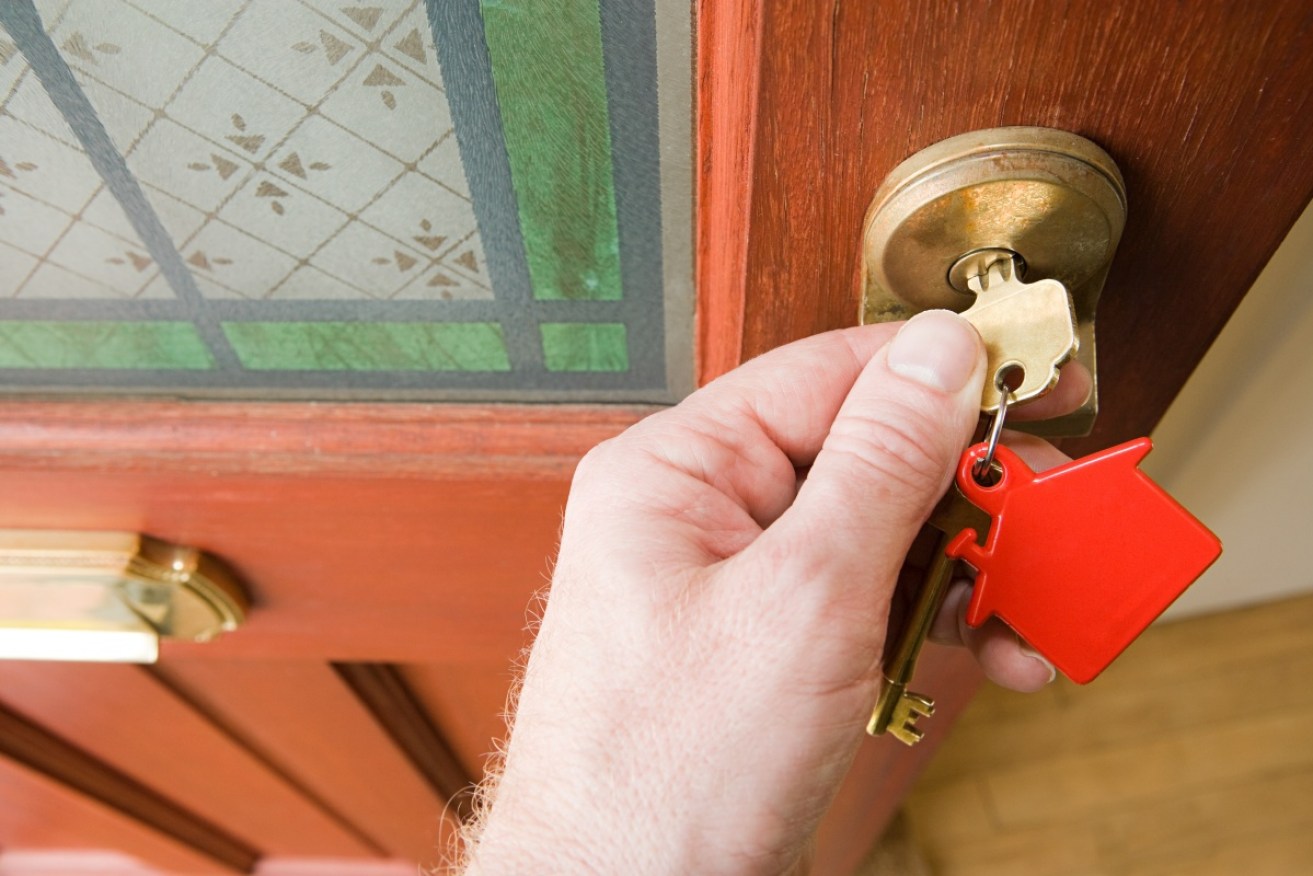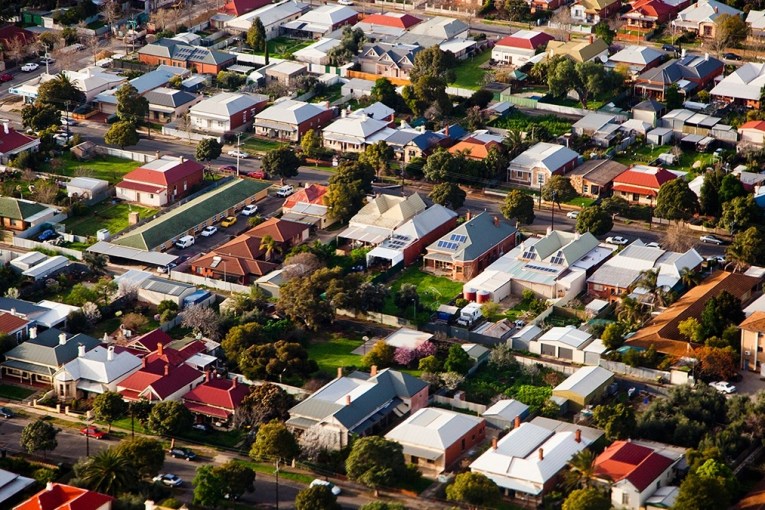Women increasingly falling off the housing ladder, experts say


Figures show the number of women owning their own home has fallen dramatically. Photo: Getty
Home ownership among Australian women has plummeted.
Figures published in the latest edition of the Household, Income and Labour Dynamics in Australia (HILDA) study show rates of home ownership among women have fallen 13 per cent since 2002, with those aged 35-39 responsible for the biggest drop, from 66.8 per cent to 48.2 per cent over the past 16 years.
This sees a whole swathe of women who would have once owned their own home becoming renters or homeless.
Professor of Economics at Curtin Business School Rachel Ong told The New Daily lower lifetime earnings forced women to sell their homes in financial emergencies or to meet their retirement needs.
“Men are inclined to increase debt; women are more prone to selling the family home,” she said.
Many men were able to build greater wealth throughout their lives and achieve and maintain higher home ownership rates, Professor Ong said.
“Women have a much smaller asset base to rely on in old age,” she said.
“So they may find themselves with very little rely on.”
In 2002, 6 per cent more women than men owned their own home, with the figure more pronounced in older age groups.
But after 16 years, men and women are almost in lockstep at historically low rates of home ownership.
Men have seen a 7.6 per cent drop in ownership in that time, with those in their mid-20s copping the biggest fall in ownership.
Professor Ong said men are better placed to absorb financial shocks that see many women lose their home.
Not only have rates fallen, but the proportion of older people entering retirement with mortgage debt has also increased, according to Professor Ong.

Greater numbers of women are being forced to sleep rough. Photo: ABC
A consequence of the falling ownership is increasing numbers of women sleeping rough, in cars or caravans, or entering an already tight rental market in old age.
Recent rental vacancies figures showed Sydney and Melbourne running vacancies for houses at 1.4 and 1.7 per cent respectively, with many of the other capitals doing no better.
Low rates reflect just how tight the market is across Australia and how difficult it can be for some to afford accommodation, particularly those on fixed or low incomes.
Swinburne University’s Angela Spiney, who looks at homelessness in women, told The New Daily that lower earnings for women make it much harder for them to solve housing problems.
“It’s a problem that’s going to get worse rather than better,” she said.
“The number of women in old age with housing problems are growing.”
The number of women over 50 couch surfing or sleeping in cars has almost doubled since 2012, according to a report released by the Council to Homeless Persons.
Professor Ong said there were plenty of programs targeted at getting people into home ownership, but none to address falling out of ownership.
“We need a mortgage relief scheme, it has to be tightly targeted at those In a temporary period of financial stress,” she said.
Without action, Professor Ong said many older women will increasingly find themselves in the same rental market as young people and families, which in Sydney and Melbourne is already a tough game.
She said if this is the case in the future, there needed to be major reforms to tenancy laws across the country.








